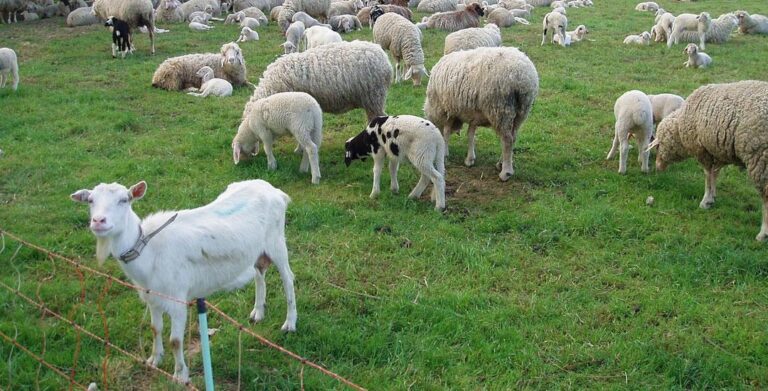Gastrointestinal parasitism is one of the main health problems among small grazing ruminants. Among the most important parasites, we should particularly mention Teledorsagia spp (formerly Ostertagia), Cooperia spp, Trichostrongylus spp and Nematodirus spp, which mainly affect lambs, and, above all, Haemonchus contortus, which affects animals of all ages.
At Biovet, we recently developed real-time multiplex PCR (qPCR) tests to identify and quantify the eggs of the main trichostrongyles of small ruminants, namely Teledorsagia spp, Trichostrongylus spp, Haemonchus contortus, Cooperia spp and Nematodirus spp.
Over the next few months, we will continue optimization of our multiplex qPCR tests. However, we estimate that, to date, these multiplex qPCR tests are a reliable, quick alternative, at a competitive cost to the usual fecal examination.
Therefore, we have decided to offer these tests now in a small ruminant intestinal parasites qPCR profile (DRUM-20020). The samples to be submitted consist of a few grams of fresh fecal matter. Turnaround time is 1 to 3 business days. These tests are performed from Monday to Friday.To learne more read the document prepared by our specialists: https://biovet-inc.com/doc/Biovet_GI_nematode_small_ruminants_ENG_rev2_WEB.pdf

